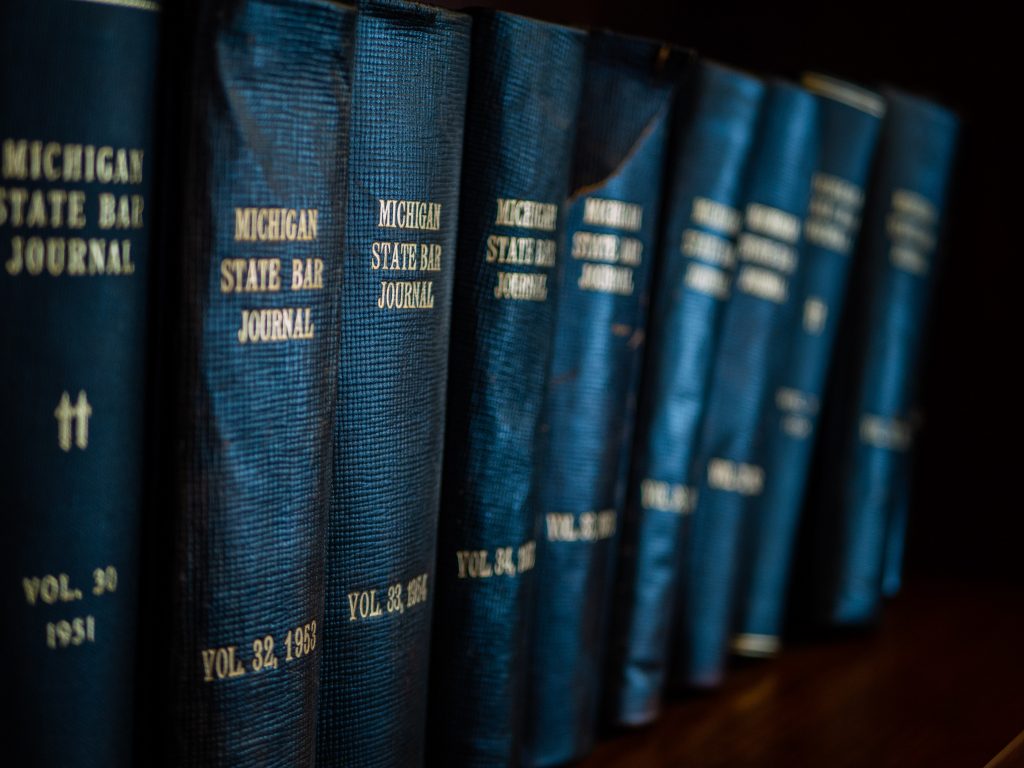Massachusetts’ Land Records: Five Things to Know

Massachusetts’ land records are an essential tool for any real estate matter, whether it be a real estate dispute or transaction (such as buying or selling a home).
Here, I’ll discuss five things to know about Massachusetts’ land records.
Free, Online Access
I’m from Vermont. While I would take a Vermont beer over a Massachusetts beer on any given day, I wouldn’t trade Massachusetts’ land records for anything. Vermont (like many other states) uses paper for all of their land records. If you want to search the land records, you need to visit the individual town or city.
In Massachusetts, our land records are online: www.masslandrecords.com. This is a tremendous resource for anyone involved in a Massachusetts real estate matter.
Although documents may be viewed online, the process of filing land records (known as “recording”) usually must be done at one of the physical registry locations. E-recording is allowed in some locations, but not all, and generally requires pre-registration.
Recorded v. Registered Land
Massachusetts uses two systems of land registration: recorded and registered land.
Recorded land is the most commonly used Massachusetts land records system. Documents are generally recorded individually, with references to other related documents, to make it easier to search.
Registered land is a land record system overseen by Land Court. The requirements for recording registered documents are more stringent than those for recorded land, and sometimes require approval from the court itself for any changes to be made. Recorded land is organized into “certificates of title”, which group together related land documents.
Common Documents to Find in Land Records
Common documents to find in the land records include deeds, mortgages, mortgage assignments, and homestead filings. All of these documents are associated with the buying and selling of property.
Court decisions can also be recorded in the land records. For example, if a homeowner prevails in a boundary dispute against a neighbor, the decision can and should be recorded so as to make it part of the chain of title, so future buyers of both properties become aware of the decision.
Problematic Documents to Find in Land Records
Some documents recorded in the land records can be problematic, and should be checked closely by a property owner. Judgments for money, where a court has ordered one party to pay another money, can be recorded in the land records as a lien on property. These generally must be satisfied prior to the sale of property. Liens can also arise from unpaid property and federal/state taxes.
The recording of a notice of a Servicemembers’ Case is often a prerequisite for the start of the foreclosure process. A homeowner who receives such a notice needs to act quickly to address the matter.
Affidavits to Clarify the Chain of Title
Massachusetts law allows the recording of an affidavit in the land records, for the “benefit and assistance in clarifying the chain of title.” Such an affidavit must have a certificate from an attorney.
These affidavits are helpful for explaining or clarifying real estate matters that are not otherwise apparent from other recorded documents.
Commonly known as “5B Affidavits”, these documents can be a great tool for resolving real estate disputes.
Conclusion
If you need assistance with a real estate matter, contact me for a consultation.
